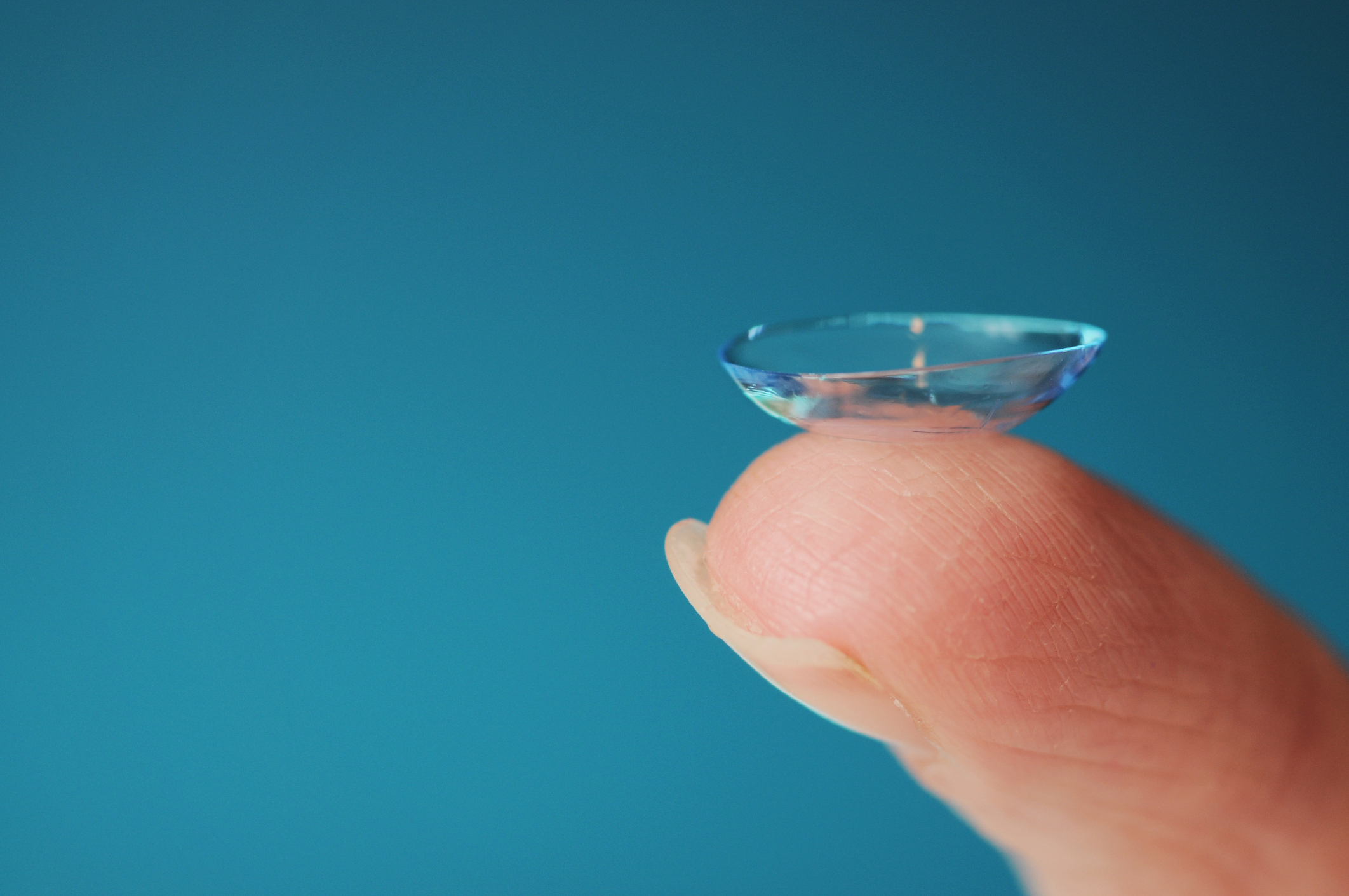The Vital Importance of Regular Lens Replacement for Contact Lens Wearers
Introduction
Contact lenses offer wearers unparalleled convenience and freedom from glasses, providing clear vision without obstructing the face. However, amidst the daily hustle and bustle, it’s easy to overlook the crucial aspect of regular lens replacement. In this article, we delve into the significance of timely lens replacement for contact lens wearers, emphasizing the benefits it brings to eye health and overall well-being.
Maintaining Optimal Eye Health
- Preventing Infections: Contact lenses create a barrier between the eye and the environment, making them susceptible to the buildup of debris, protein deposits, and bacteria over time. These accumulations increase the risk of microbial contamination, potentially leading to serious eye infections such as bacterial or fungal keratitis. Regular replacement of lenses, as advised by an eye care professional, helps mitigate this risk by ensuring that wearers consistently use fresh, sterile lenses with minimal buildup.
- Reducing Dryness and Discomfort: Contact lenses require adequate moisture to maintain their flexibility and optical clarity. As lenses age, they may lose their moisture-retaining properties, becoming less breathable and more prone to dehydration. This can result in symptoms of dryness, discomfort, and irritation for wearers, affecting their comfort and wearing experience. Regularly replacing lenses with fresh ones helps sustain proper hydration levels, promoting ocular comfort and minimizing the occurrence of dry eye symptoms.
- Minimizing Allergic Reactions: Some individuals may be sensitive to the materials or solutions used in contact lenses, leading to allergic reactions characterized by redness, itching, and swelling of the eyes. Additionally, protein deposits and debris that accumulate on older lenses can act as allergens, triggering adverse reactions in susceptible wearers. By adhering to recommended replacement intervals, wearers reduce their exposure to potential allergens, fostering ocular comfort and reducing the likelihood of allergic responses.
Optimizing Visual Performance
- Ensuring Clear Vision: Contact lenses provide wearers with clear, uninterrupted vision by correcting refractive errors and focusing light onto the retina. However, over time, lenses may accumulate surface deposits, scratches, or imperfections that compromise their optical clarity. This can lead to visual disturbances such as blurriness, glare, or halos around objects. Regularly replacing lenses with fresh ones helps maintain crisp, clear vision, free from distortions, and ensures an optimal visual experience for wearers.
- Maintaining Lens Fit: Contact lenses are designed to conform to the shape of the eye, providing a comfortable and stable fit during wear. However, as lenses age, they may lose their shape or elasticity, leading to poor fit and inadequate coverage of the cornea. Ill-fitting lenses can cause discomfort, irritation, and even abrasions on the surface of the eye. By replacing lenses according to the prescribed schedule, wearers ensure proper lens fit, minimizing movement and friction on the ocular surface, and enhancing overall comfort.
Promoting Compliance and Hygiene
- Encouraging Healthy Habits: Regular lens replacement reinforces the importance of adhering to recommended wearing schedules and practicing good hygiene habits. By following prescribed replacement intervals, wearers establish a routine of responsible lens care, which includes proper cleaning, disinfection, and storage of lenses. This reduces the risk of contamination, infections, and other complications associated with contact lens wear, promoting long-term ocular health and safety.
- Enhancing Convenience: The availability of daily disposable contact lenses has revolutionized the way wearers manage their eye care. Unlike traditional lenses that require daily cleaning and storage, daily disposables are discarded after a single use, eliminating the need for maintenance and reducing the risk of contamination. This convenience not only simplifies lens care but also encourages compliance with recommended replacement schedules, ensuring that wearers consistently enjoy the benefits of fresh, sterile lenses without compromising on comfort or safety.
Conclusion
Regular lens replacement is not just a matter of convenience; it’s a cornerstone of good eye health and vision care for contact lens wearers. By prioritizing timely replacement intervals and adhering to recommended guidelines, wearers can safeguard their eyes against infections, discomfort, and visual disturbances, ensuring a clear, comfortable, and enjoyable wearing experience. Remember, when it comes to contact lenses, freshness is key to seeing the world with clarity and confidence.
World Eye Care Foundation’s eyecare.live brings you the latest information from various industry sources and experts in eye health and vision care. Please consult with your eye care provider for more general information and specific eye conditions. We do not provide any medical advice, suggestions or recommendations in any health conditions.
Commonly Asked Questions
Follow proper lens care instructions, including cleaning, disinfection, and storage. Avoid water exposure, adhere to wearing schedules, and attend regular eye exams to monitor your eye health.
It’s best to consult with your eye care professional before making any changes to your contact lens regimen. They can assess your needs and recommend suitable alternatives.
It’s essential to prioritize eye health regardless of circumstances. Plan ahead and ensure you have an adequate supply of fresh lenses for any situation.
Remove them immediately and discard them. Extended wear can lead to discomfort, increased risk of infections, and potential damage to your eyes.
No, daily disposables are designed for single-use only. Reusing them increases the risk of contamination and eye infections.
Daily disposables offer convenience, comfort, and reduced risk of infections since they are discarded after each use. Many wearers find the benefits outweigh the cost.
Contact lenses typically have an expiration date printed on the packaging. Expired lenses may lose their effectiveness, become less comfortable to wear, and increase the risk of complications.
It’s not recommended. Extended wear increases the risk of eye infections, discomfort, and reduced visual clarity. Always adhere to the prescribed replacement schedule.
Signs include discomfort, dryness, blurred vision, or if your lenses no longer feel clean even after proper cleaning and disinfection.
It depends on the type of lenses you wear. Daily disposables are replaced daily, while other types may have replacement schedules ranging from daily to monthly. Your eye care professional can provide personalized recommendations based on your needs.
news via inbox
Subscribe here to get latest updates !








